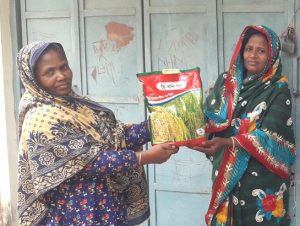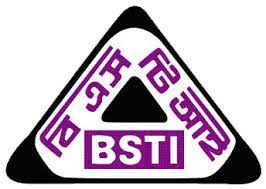For Africa, the climate crisis is a food crisis. The continent will need more food to cope with a growing population, but it is estimated that global warming could cause a 10-20% reduction in Africa’s overall food production. If nothing is done to reverse course, Africa’s food imports will triple between now and 2025, reaching over $110 billion. The UN predicts that Africa may only produce just 13% of its food needs by 2050.Yet most African governments remain focused on supporting agribusiness corporations, providing tax incentives and corporate-friendly regulations and policies, while giving corporations their country’s most fertile lands and important water sources. Meanwhile, legal and regulatory changes have damaged and even criminalised Africa’s dynamic and innovative farmer seed systems, which continue to account for 80% of Africa’s seed supply.
Any policy or programme that is going to effectively deal with the twin food and climate crises has to focus on the main actors in Africa’s food system. Africa’s food producers (small farmers, fisher people and pastoralists) and local markets still supply 80% of the food that is produced and consumed on the continent. Africa’s food systems, based largely on agroecological practices and short circuits, are the ultimate in green, low emissions and resilient systems, and are more than capable of feeding the entire continent, even in the face of the growing climate crises. Africa’s food systems are also the continent’s economic engine, providing more livelihoods, jobs and revenue than any other sector. What small food producers require is access to sufficient and appropriate lands, water, fish stocks and seeds, paired with policies and programmes that support them and can ensure that food gets to where it is needed.
Furthermore, Africa, as a whole, contributes less than 4% of global emissions. The single most important and effective way to protect African food systems from global warming is to cut global greenhouse gas emissions outside of the continent. Such reductions will require a profound transformation of the global food system – from a model that favours the industrialised production of cheap commodities that are processed and shipped to Africa and other parts of the world, to a model based on agroecological production and local food systems. A much deeper and complete reorientation of public policy by African governments is thus needed to facilitate and support the necessary transition towards food sovereignty.
https://www.grain.org/en/article/6293-food-sovereignty-is-africa-s-only-solution-to-climate-chaos
– Third World Network




